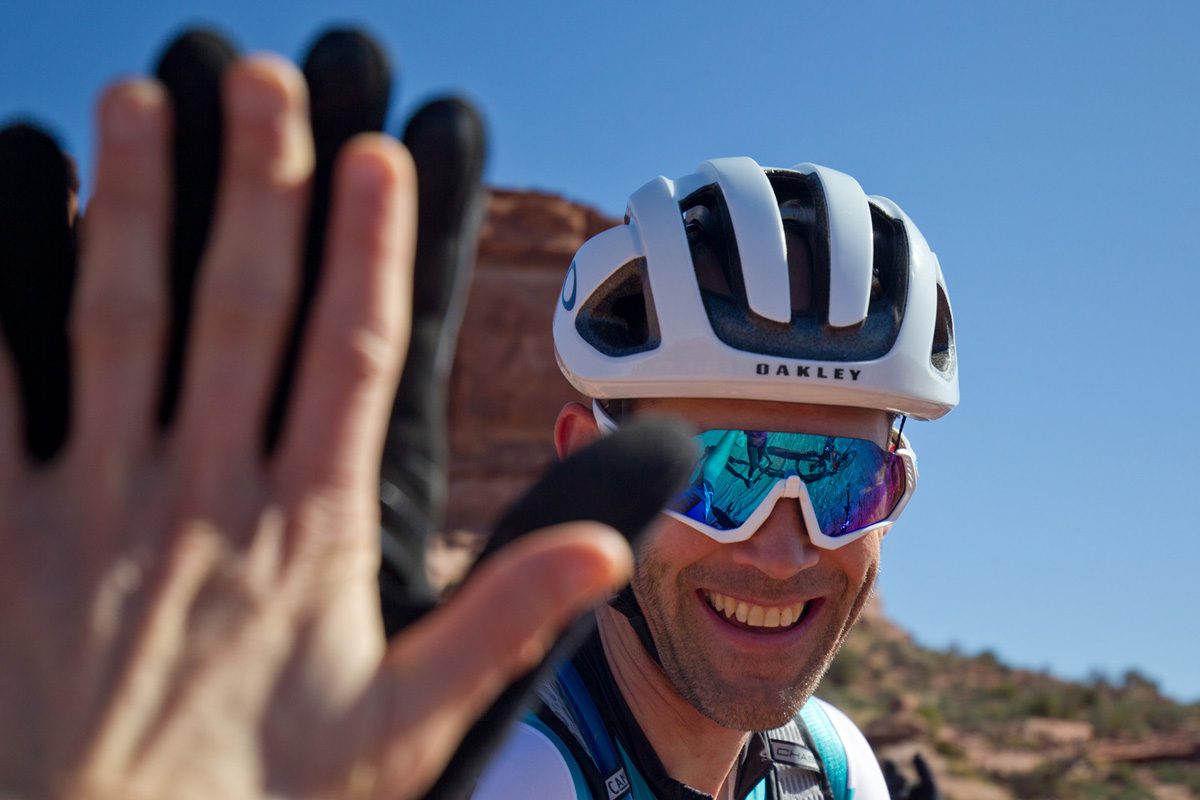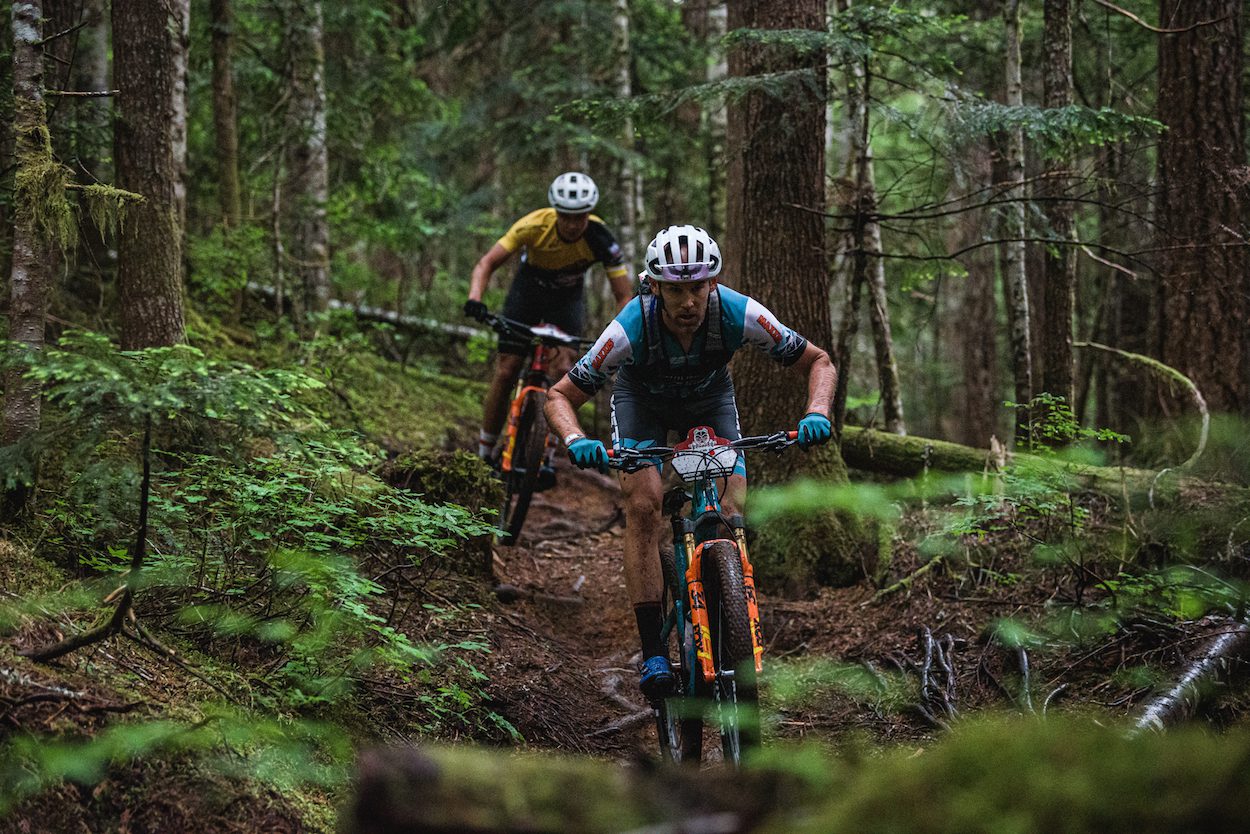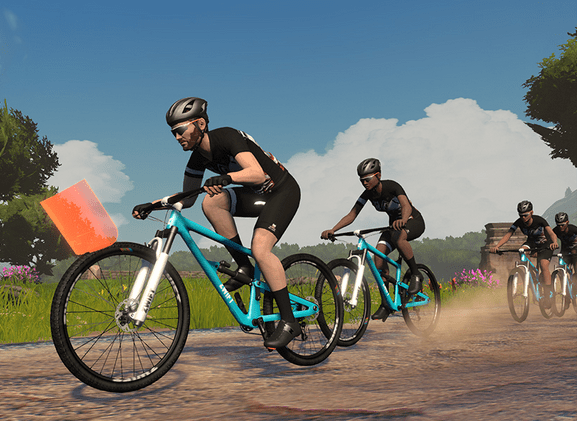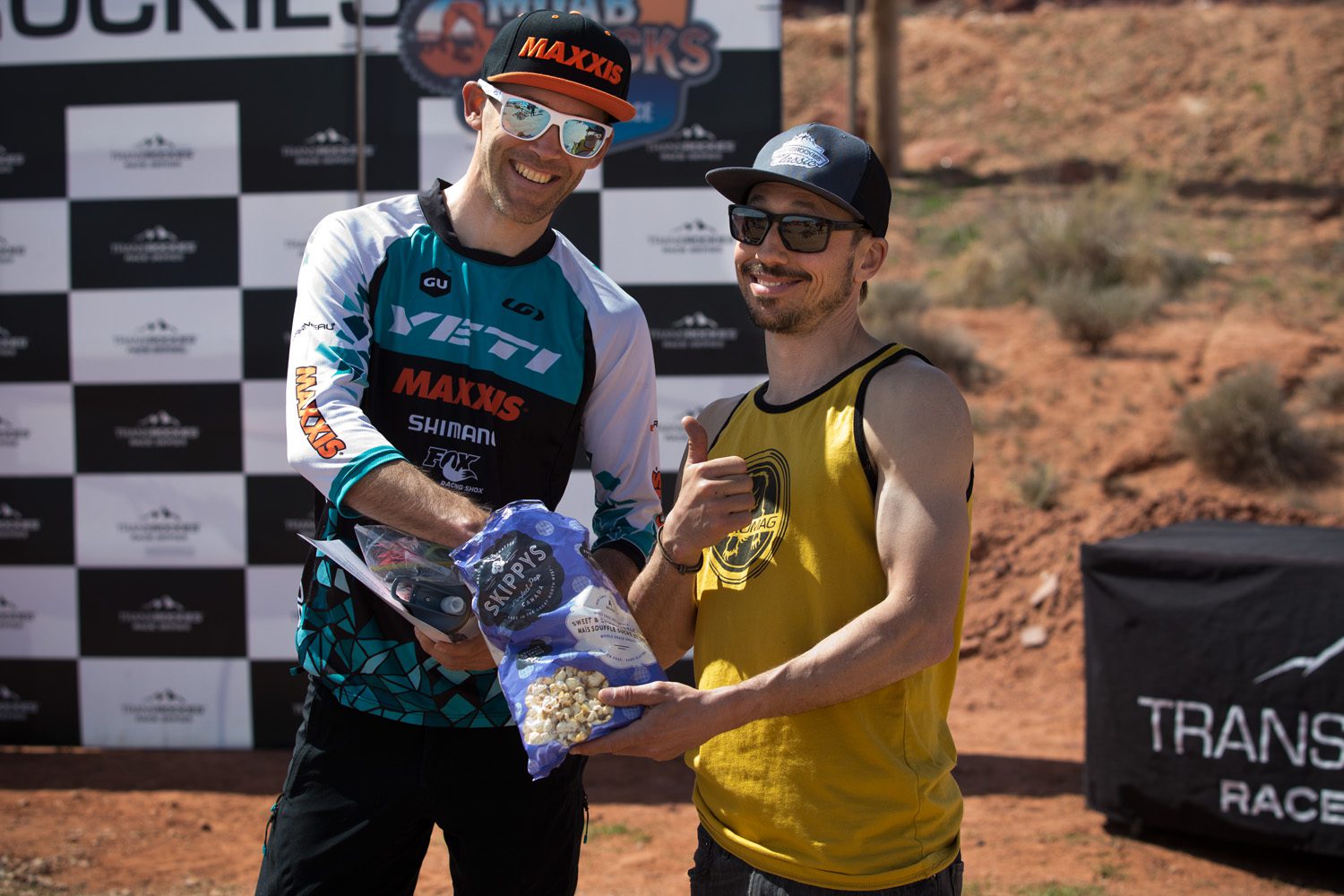Geoff Kabush asked questions about the role of social media in sports and it got him kicked off Instagram
Discussing mental health and the highs and lows of maintaining an online presence gets Canadian booted
 Photo by:
Jean McAllister / TransRockies
Photo by:
Jean McAllister / TransRockies
Can an athlete just be an athlete anymore? Or do they have to be an influencer, too? It’s a question Geoff Kabush posed on his Instagram account on Friday. The lively response, from young and experienced athletes alike, showed that it’s a question that needed to be asked. The response also got the Canadian kicked off the social platform.
Not just promotion, but a question of mental health
You may be thinking, “Who cares? It’s just Instagram.” But the social platform (which is owned by Facebook) has worked its way into an important part of professional athletes’ day-to-day work. That has some benefits, like increased opportunities for exposure for some athletes. It also comes with some costs. The platform has well-documented detrimental impacts on the mental health of youth and young adults.
Kabush is a frequently vocal advocate for athlete health causes from anti-doping to rider safety. That combination, of social media’s importance and potentially harmful impacts, meant it was time to start a conversation. The Canadian is not against any and all socials, though.

“Social media, mental health, and the pressures it brings is a huge discussion for society in general but I think that is amplified even more for young athletes,” Kabush told us over email. “It’s a part of life and part of an athlete’s career but I think its importance has been overstated. There are some fantastic online ambassadors but not everyone has the personality for it; many really struggle with it. I felt the need to speak more on the topic when I saw it becoming a requirement, or barrier to entry, for sport.”
That conversation quickly picked up steam. The Kabush Instagram post had more than 2,000 likes and 115 comments before being removed. It was also shared by many young, Canadian athletes and Kabush says it had started more direct conversations as well. Those numbers would have been higher, too, if the post wasn’t taken down within 48 hours. Kabush’s account, and the post, were removed.
“It was actually a little heartbreaking hearing from so many young athletes struggling with the online pressure and expectations,” the veteran Canadian shared.
[UPDATE: After six days, Kabush’s Instagram account was restored. Follow him, and dive into the constructive debate he started.]

A question asked, an account deleted
Days later, the Canadian’s account, which had 21.1 thousand followers, still isn’t reactivated. Kabush isn’t sure why.
“It is still a bit of a mystery the reasons behind my account getting suspended. My posts obviously really struck a chord and I think it was most likely just Instagram’s AI that couldn’t distinguish real versus fake interaction,” says Kabush, adding the reaction it caused shows it’s a needed discussion. “Judging by the sharing across cycling and other professional sports it was a much-needed trigger to start more conversations.”
RELATED: Emily Batty’s Ambitions trailer responds to online trolls
Kabush isn’t the first athlete, or even first Canadian, to accidentally run afoul of the platform’s opaque rules, either. Cory Wallace was temporarily removed from Instagram recently. While Kona’s endurance expert, and current 24-hour world champion, eventually did recover his account, it had lost a significant number of followers in the time between deletion and recovery.
All this adds to the debate. Should companies be requiring athletes to have a social media presence when they know the rules are so vague? It takes a lot of work on the athletes’ side to build up a following. Getting kicked off for no reason, vague reasons or unexplained reasons can be a big problem.

Not all bad news
Despite the drawbacks, Kabush says he’ll still be back on Instagram if he’s allowed to return. But he’s not planning on letting go of the conversation he’s helped kick start.
“Instagram is an important platform especially for an athlete in my stage of career and I obviously hope to get it back. I do a diverse set of things for my sponsors in-person and online elsewhere but it is still a great tool to communicate. I’m mostly disappointed that the conversation on this topic was short-circuited and I wasn’t able to respond to so many messages I was getting.”
Kabush put together a deeper dive into the changes in how athletes can – or have to – participate in social media as part of their careers. The article is mostly centred around LifeTime’s exclusive/exclusionary new Grand Prix series. But it has started an interesting, and overdue debate. One that surely is far from over.
If you want to follow Kabush on Instagram, wait for his account to re-appear here. Cory Wallace is back on the platform. Follow us, too, @Canadian.MTB, for news on all the best in Canadian mountain biking.
